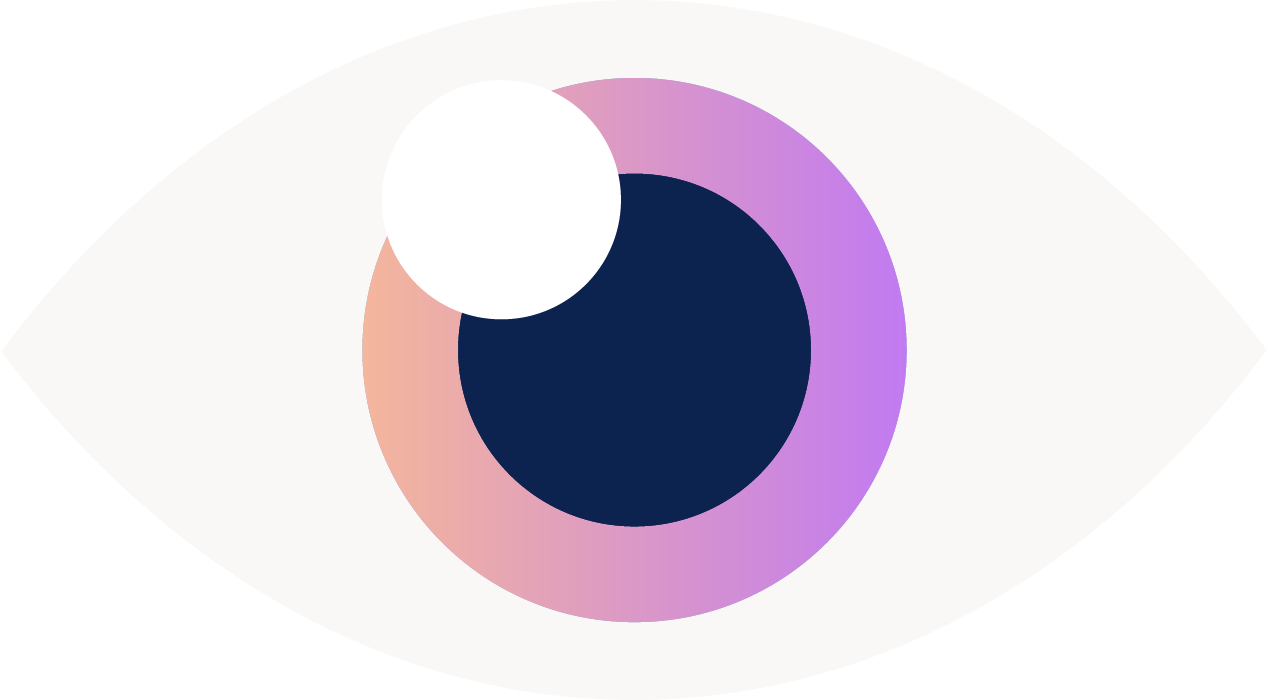Do Carrots Improve Your Vision?
I get this question a lot. From patients. From relatives. Heck, from other physicians.
Every mom and grandma out there has been telling us since we were little kids that eatting carrots will help us not need glasses. Or give us great night vision. Or just make your eyes healthier in general.
So, is it true?
Actually, this is a myth. Carrots won't improve your vision but they're a great source of beta carotene which is an excellent anti-oxidant for your eyes.
Carrots are also full of carotenoids and provitamin A. Provitamin A is converted into retinol in the body and that has a lot of beneficial effects on the eye. Vitamin A is good for the cornea and mucous membranes of the eye. It helps you maintain a healthy tear film and a moist conjunctiva.
In combinination with lutein and another anti-oxidants, Vitamin A is thought to be helpful in preventing progression of age related macular degeneration (AMD). In addition, it helps maintain structural integrity of the retina. It's important in the formation of photosensitive pigments in the retina (rhodopsin) that absorb light and initiate vision.
But two things you should know.
The first is that carrots don't actually have the highest amount of Vitamin A of all the vegetables. A half cup of raw carrots has 10,692 international units (IU) of retinol and 0.534 milligrams of beta-carotene.
There are other sources of beta carotene in veggies-sweet potatoes, cantaloupe and apricots to name a few. And, in fact, pumpkin, kale and sweet potato all have more Vitamin A per serving than carrots.
The second is that there was a very calculated origin to this myth, that really had nothing to do with retinal photopigments.
Origin of the myth
So, where does this myth come from? Why does everyone's mom tell them to eat carrots to preserve their eyesight? (mine included)
This particular myth started during World War II as a British campaign to hide the fact that their pilots were using cutting edge radar technology in the dark to locate targets. So, as a way to throw the Germans off, the British government said the pilots had excellent night vision because they ate a lot of carrots.
Vitamin A Deficiency
I also suspect that because Vitamin A deficiency first manifests as night blindness, perhaps people originally thought the converse to be true as well. This deficiency is not common in the developed world and is a result of inadequate nutrition, fat malabsorption or liver diseases.
Other eye findings of Vitamin A deficiency include:
- Dry eyes
- Night blindness
- Conjunctival xerosis
- Bitot's spots
- Corneal xerosis
- Corneal ulcer
- Corneal scarring
So, eat a rainbow of vegetables, to keep your eyes healthy, though none will improve your vision. But, eating them will not prevent your from needing glasses make your vision better or let you see in the dark.

